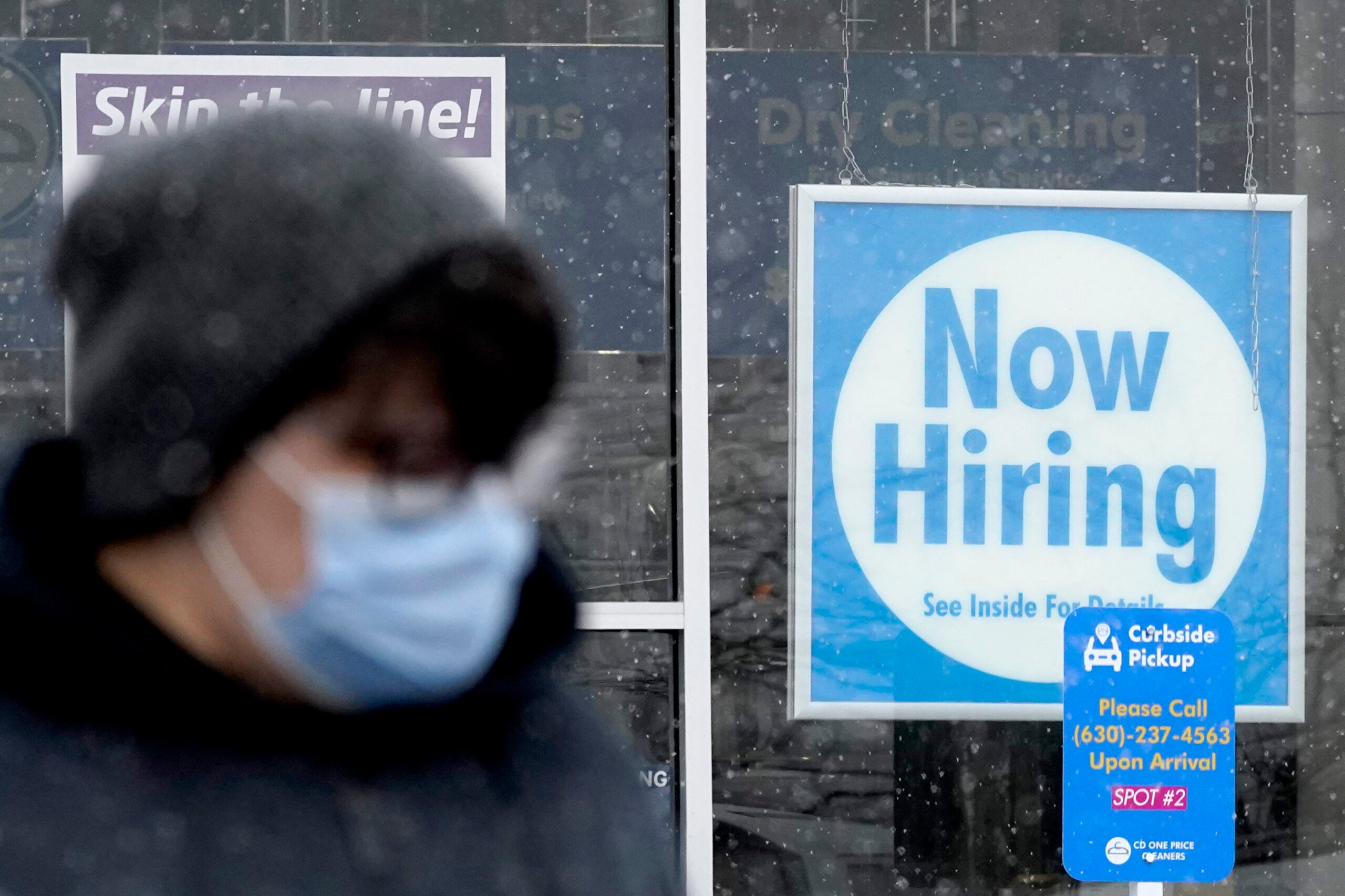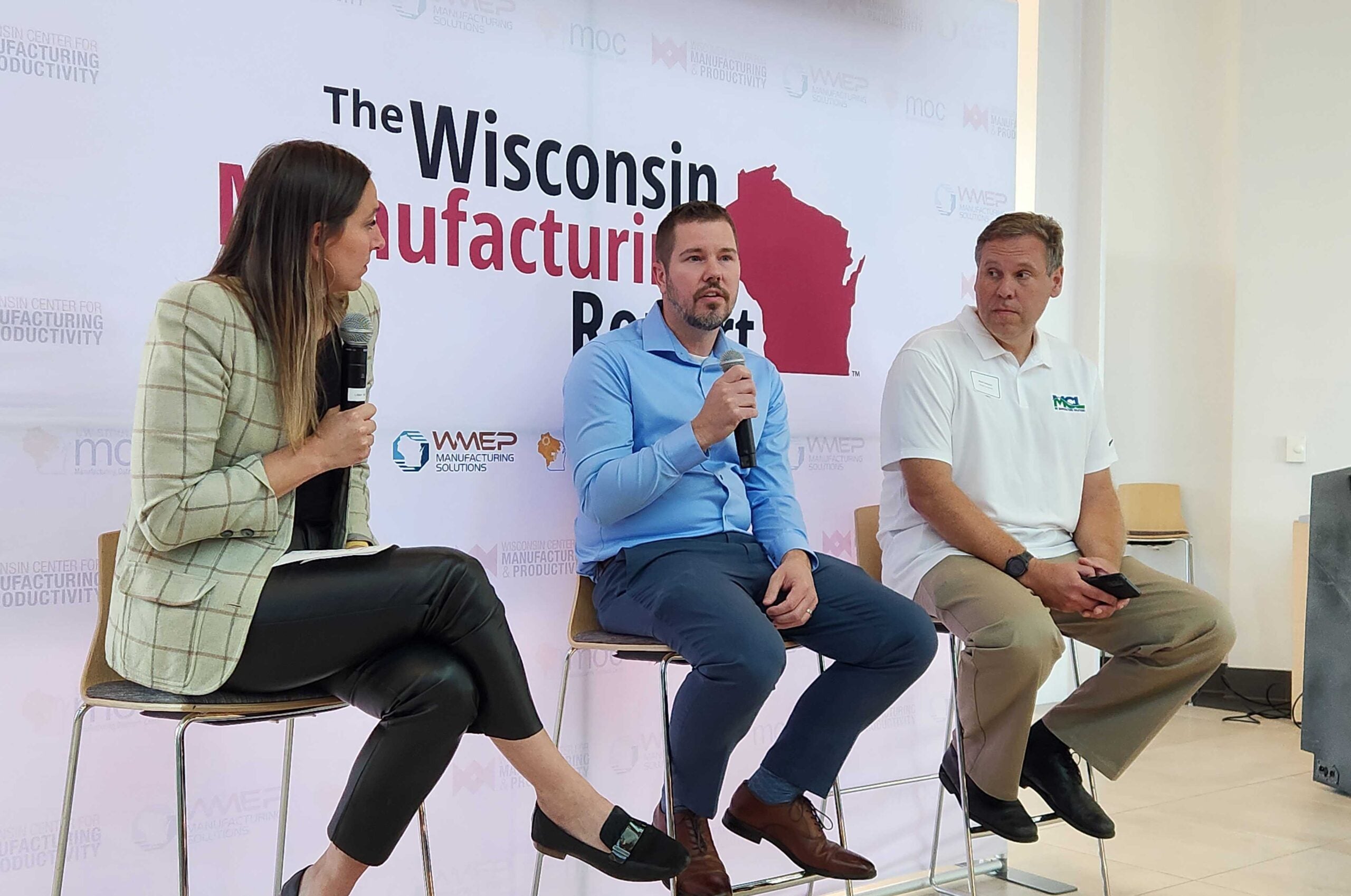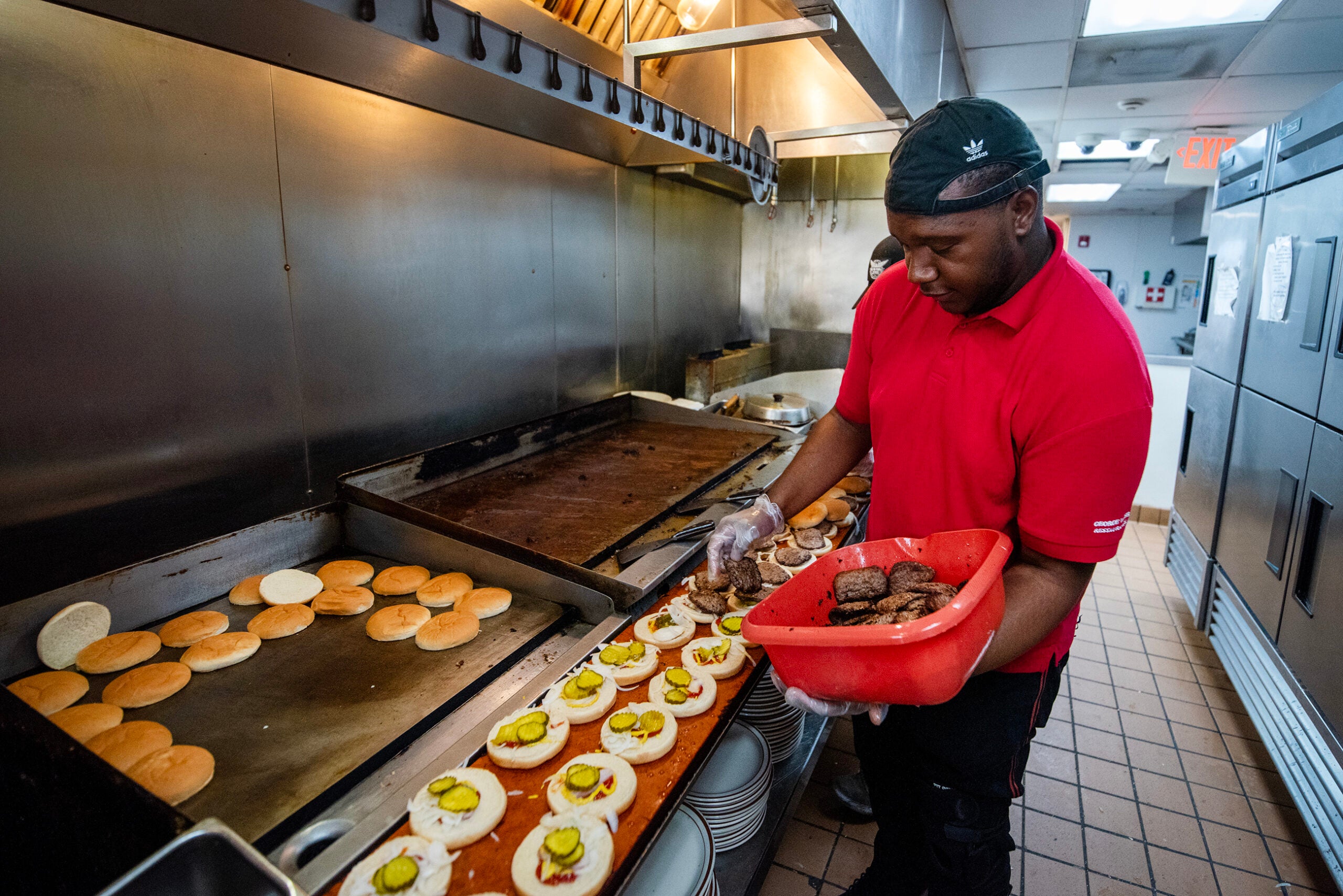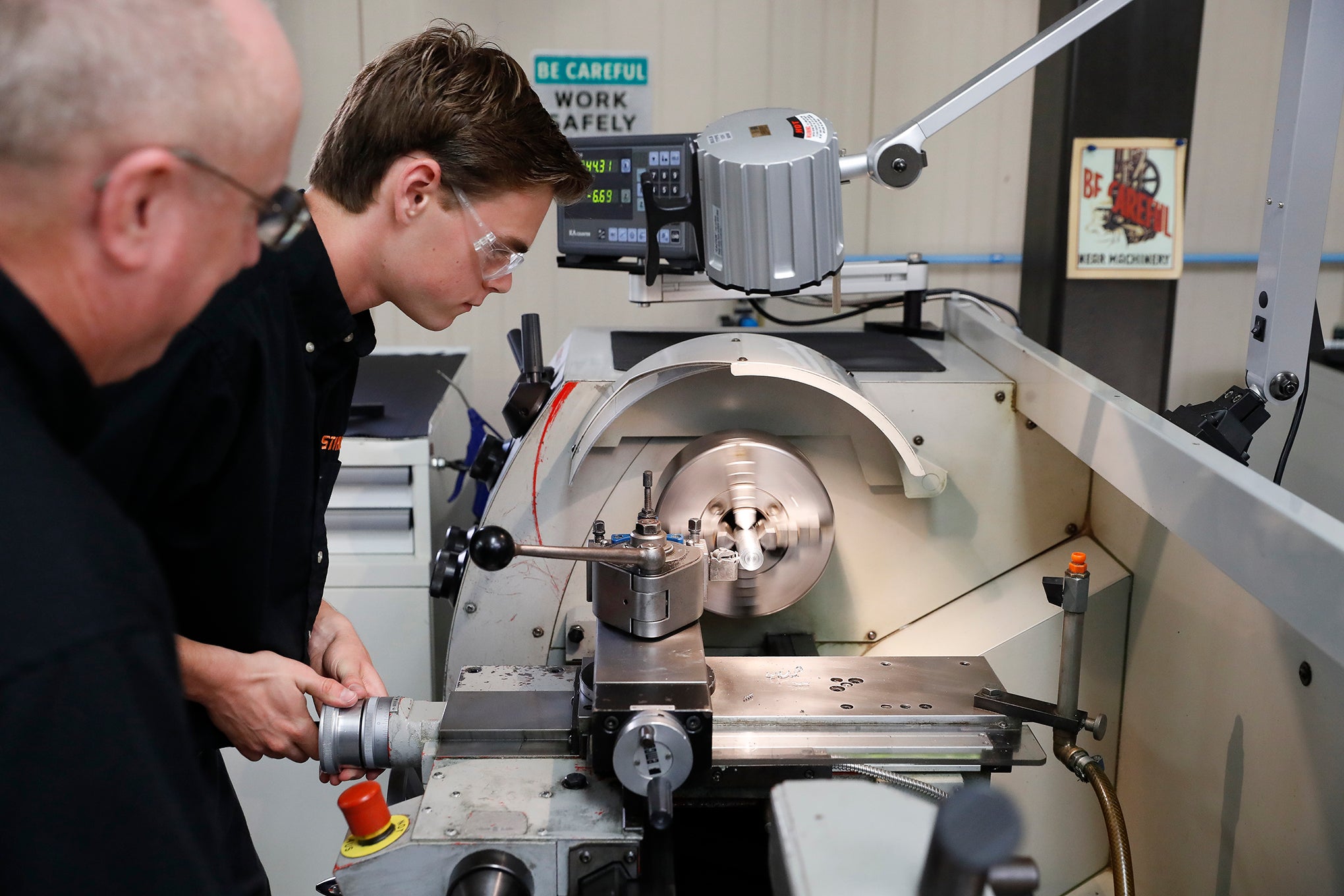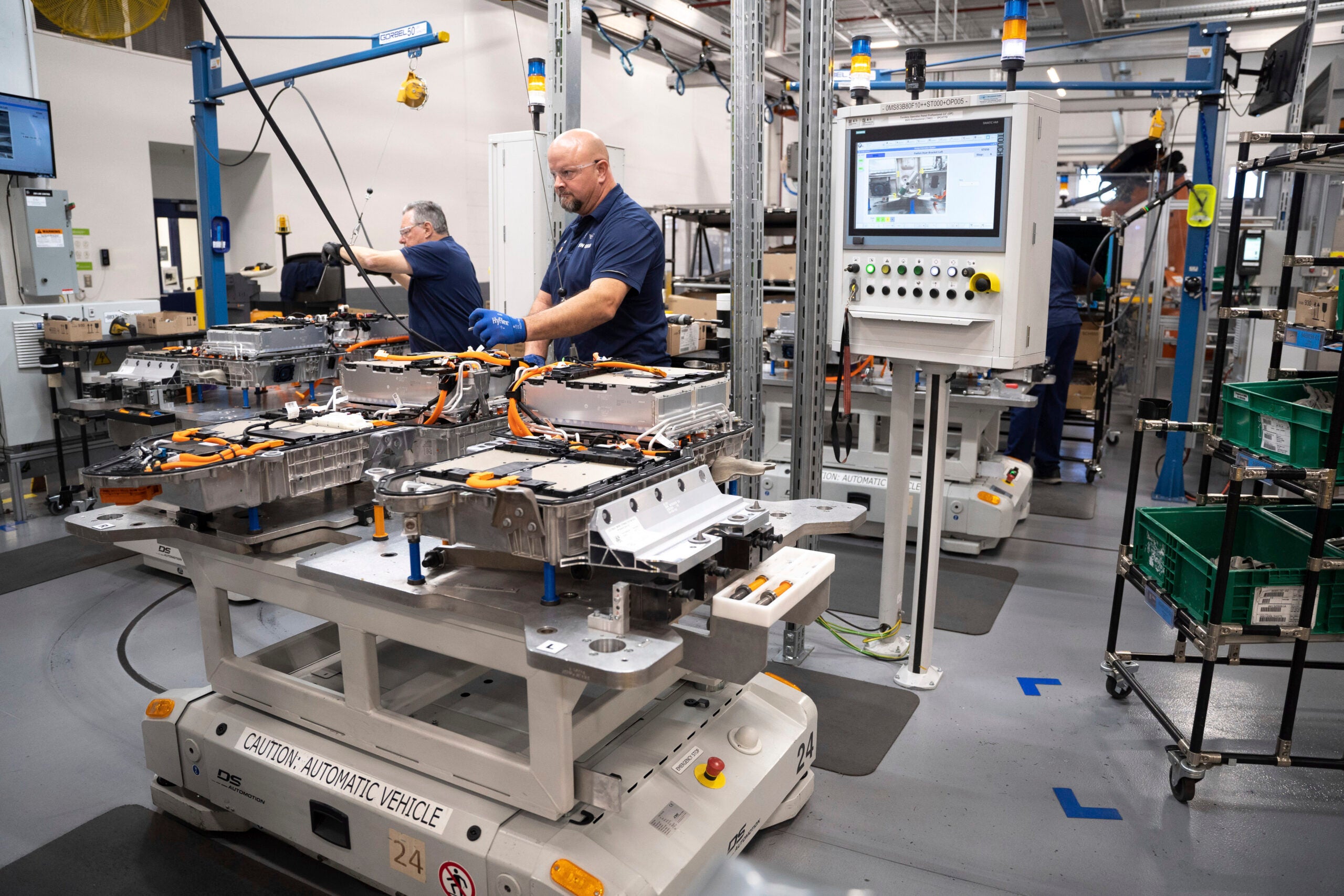A majority of business owners surveyed by the Wisconsin Manufacturers and Commerce expect a recession in the next year.
The Wisconsin Employer Survey, which questioned 216 employers from around the state, found that business owners’ optimism about the economy has faltered since January. The survey also found nearly two-thirds of employers say inflation has driven up costs by more than 10 percent.
The most recent data show 44 percent of respondents said the state’s economy is strong. That’s down from 58 percent, according to a WMC survey in January.
News with a little more humanity
WPR’s “Wisconsin Today” newsletter keeps you connected to the state you love without feeling overwhelmed. No paywall. No agenda. No corporate filter.
Pessimism about the future of the state’s economy has increased sharply over the past year. This summer, just 45 percent of employers said they expect the Wisconsin economy will grow. That’s down from 65 percent in January and 84 percent in summer of 2021.
Wisconsin Manufacturers and Commerce spokesperson Nick Novak said 71 percent of business owners anticipate a recession in the next 12 months.
“About 4 in 10 of those businesses said that they expect it to happen before the end of 2022,” said Novak.
Despite the pessimism, employers are still hiring. Novak said 85 percent of respondents report struggling to find enough employees and 46 percent of businesses plan on raising wages by 4 percent or more over the next year.
“Wisconsin businesses are going to be much more cautious over the next six months to a year as they’re seeing all of these signs pointing to a slowing economy,” said Novak. “I think that they are going to continue to try and hire as they need. But we may see hiring slow just a little bit, at least through the end of 2022, and it may slow even more in 2023, according to the Wisconsin Employers Survey.”
Marquette University emeritus professor of supply chain management, Douglas Fisher, said people are feeling cost increases driven by the COVID-19 pandemic’s impact in supply chains.
“It wasn’t that long ago that we were all hoping this thing would slow down, that demand had just exceeded capacity to such an extent that we were choked, at least from a supply chain point of view,” said Fisher. “So, here we are consciously trying to slow the economy through Fed actions on interest rates.”
On June 15, the Federal Reserve announced its largest interest rate hike in 28 years in hopes of tamping down soaring consumer prices. Fed officials said they expected the U.S. economy will grow just 1.7 percent this year, down from 2.8 percent growth predicted in March.
Fisher said a “soft recession” that is short-lived could normalize consumer demand and provide relief from inflation. But he said a deep, prolonged recession could kill consumer demand and drive up unemployment.
Wisconsin Public Radio, © Copyright 2025, Board of Regents of the University of Wisconsin System and Wisconsin Educational Communications Board.

